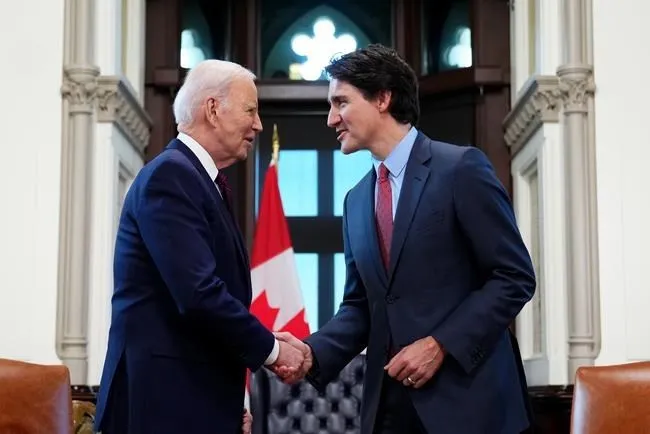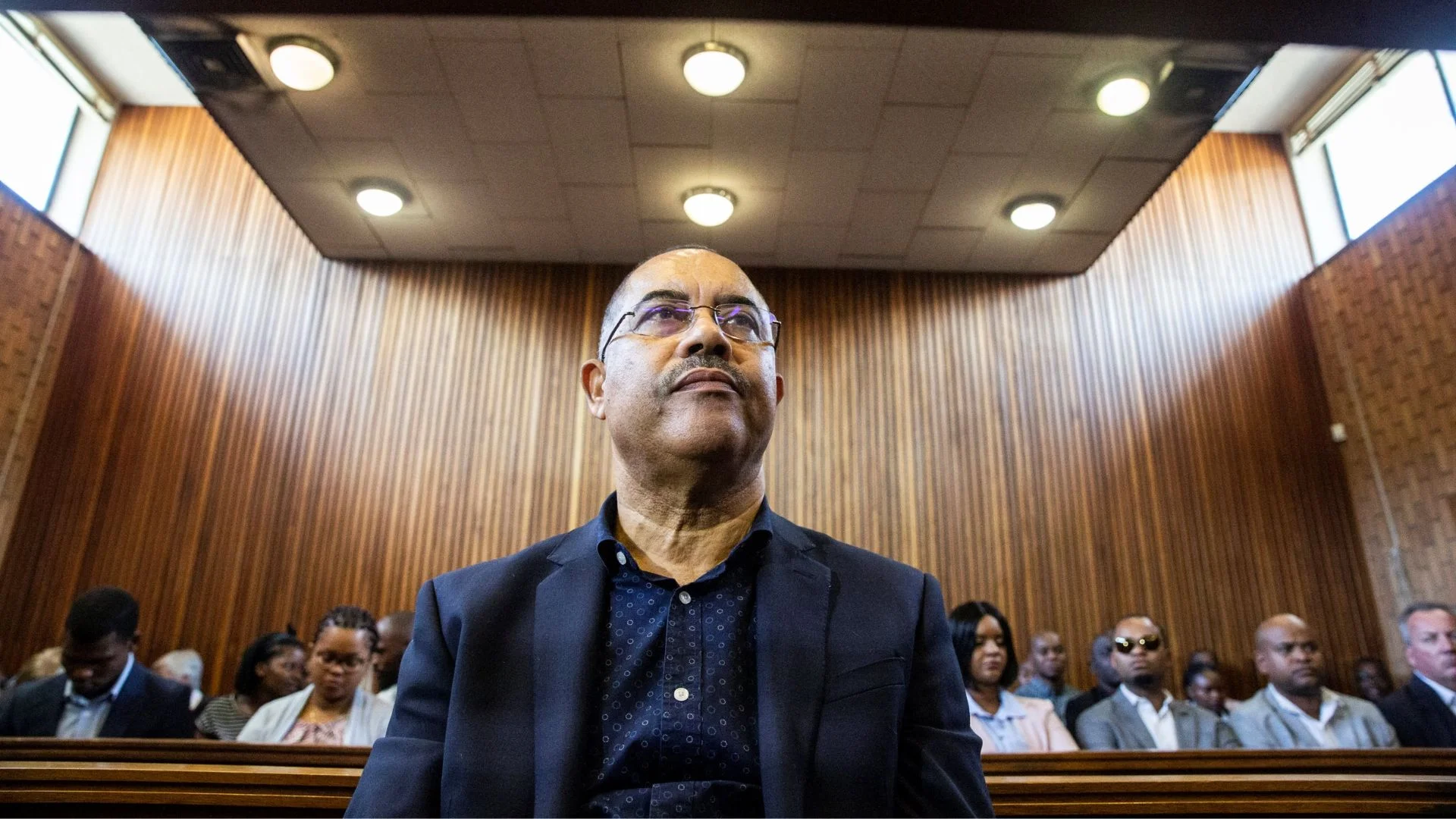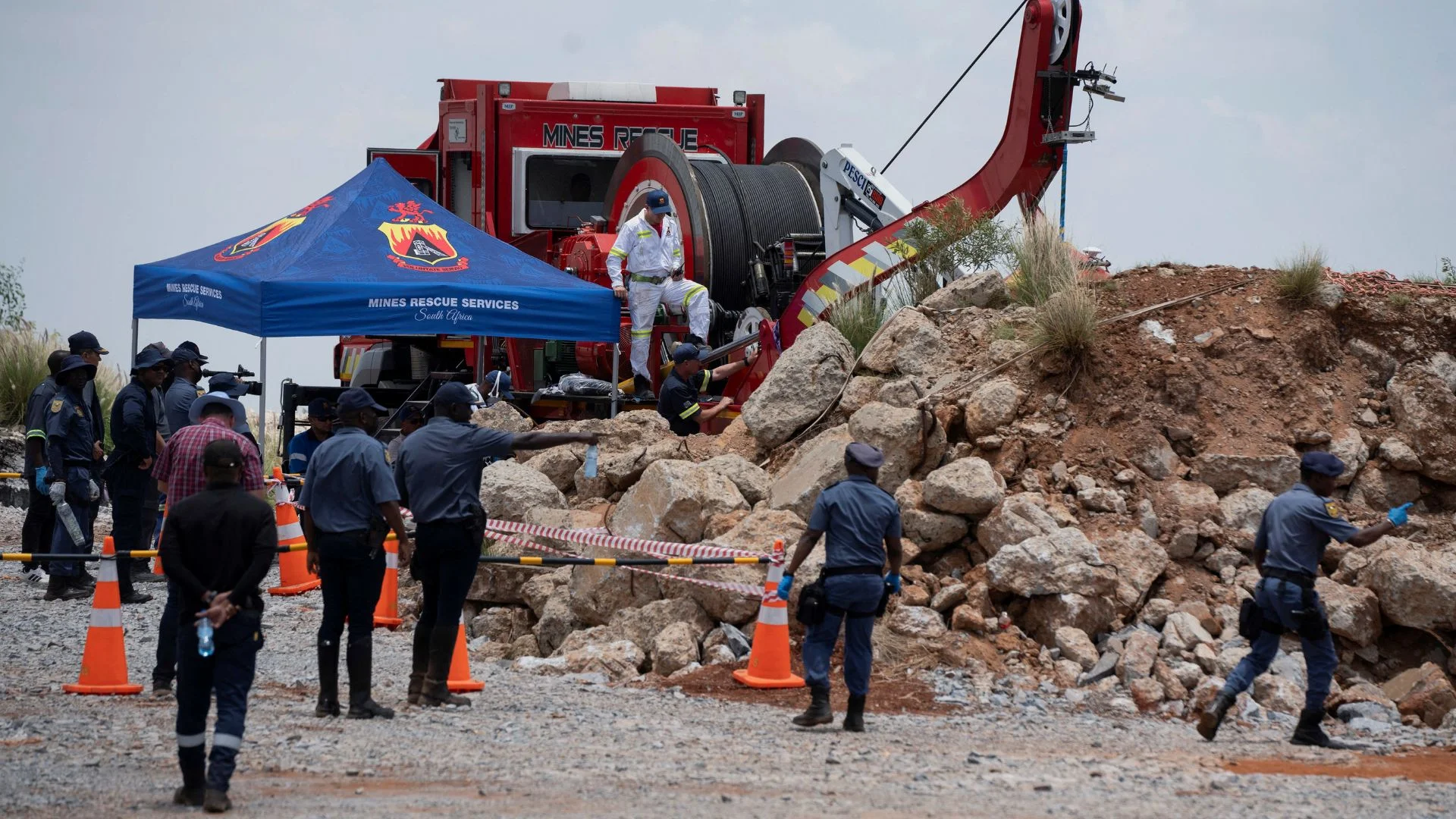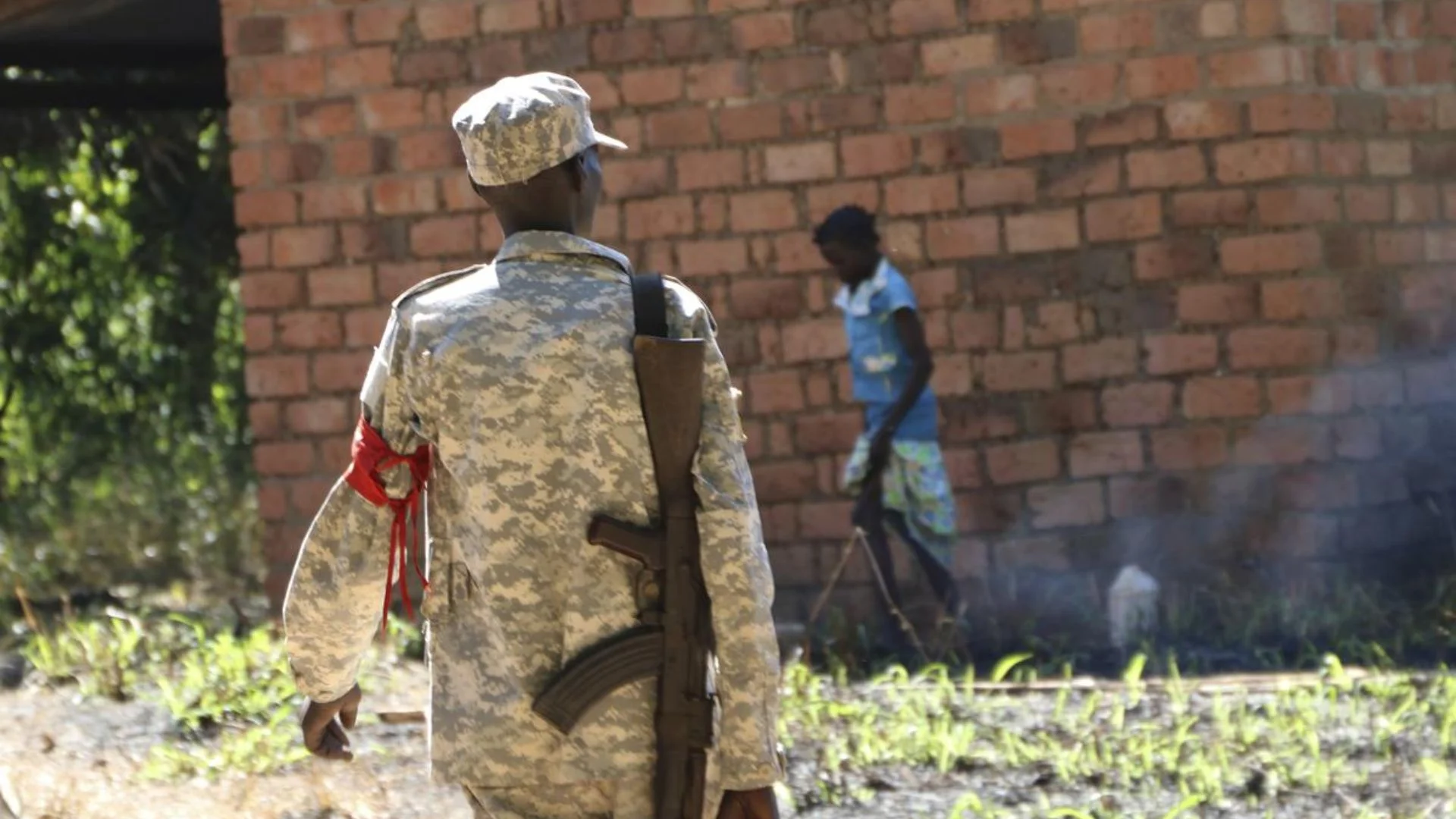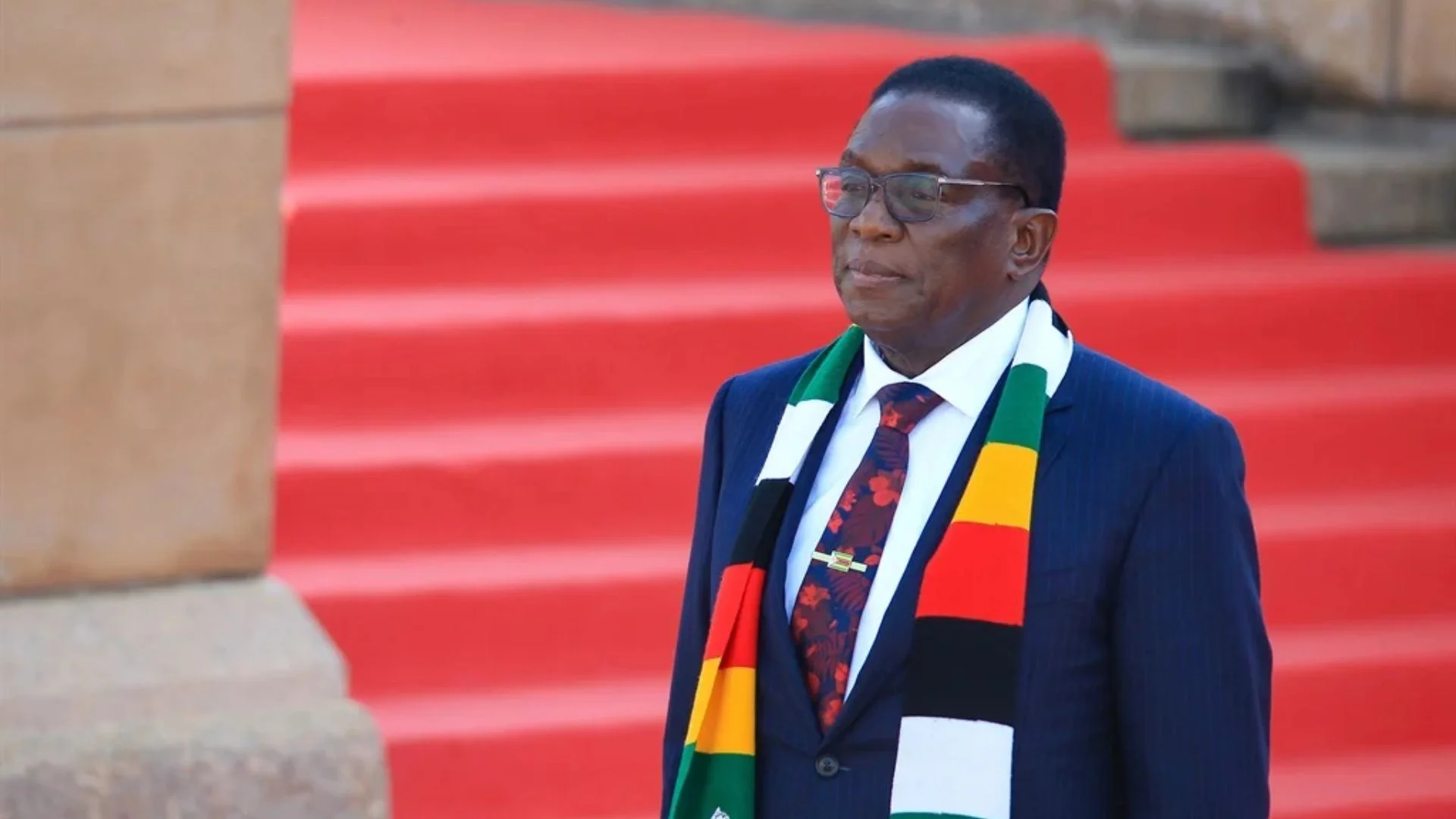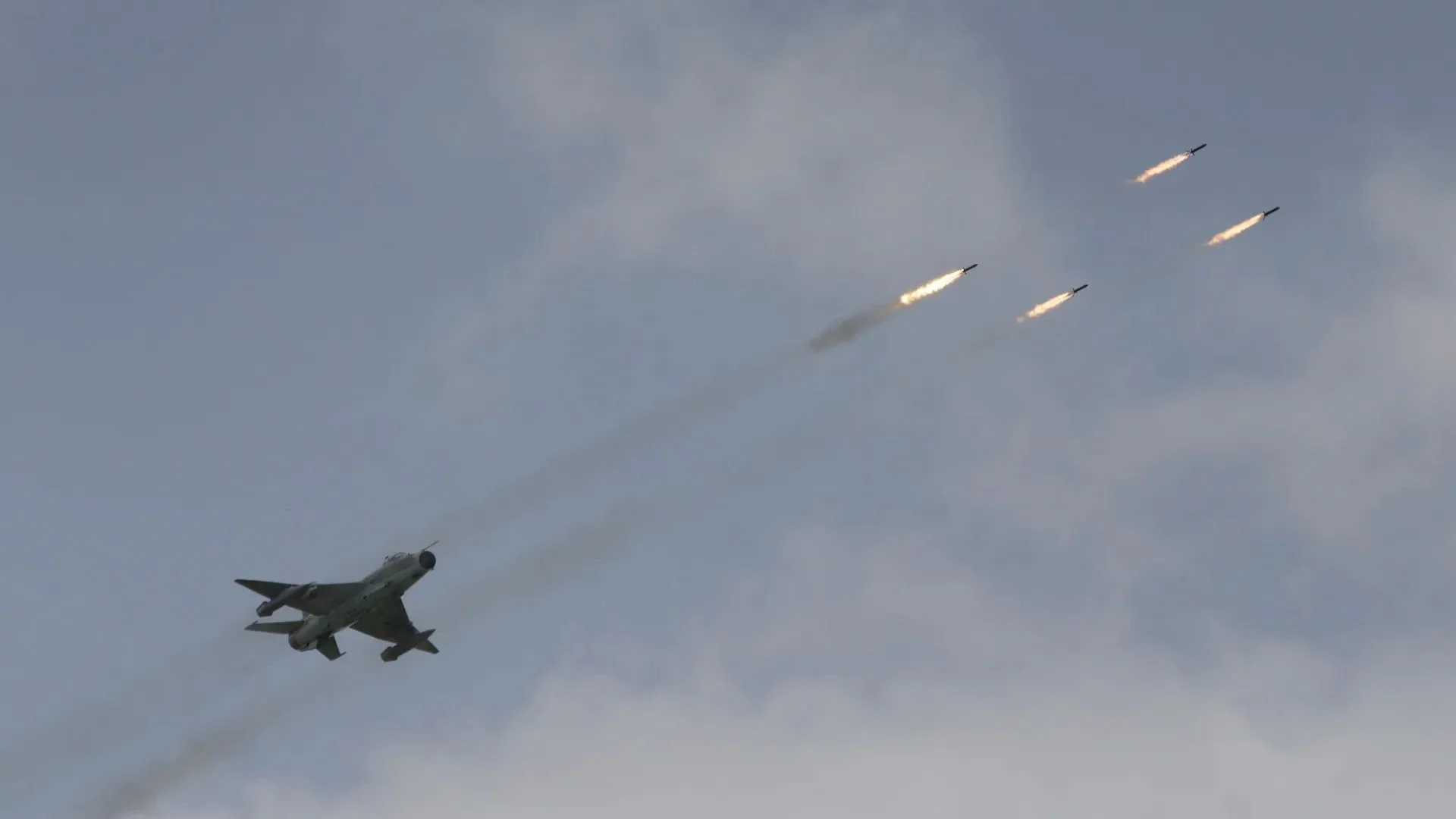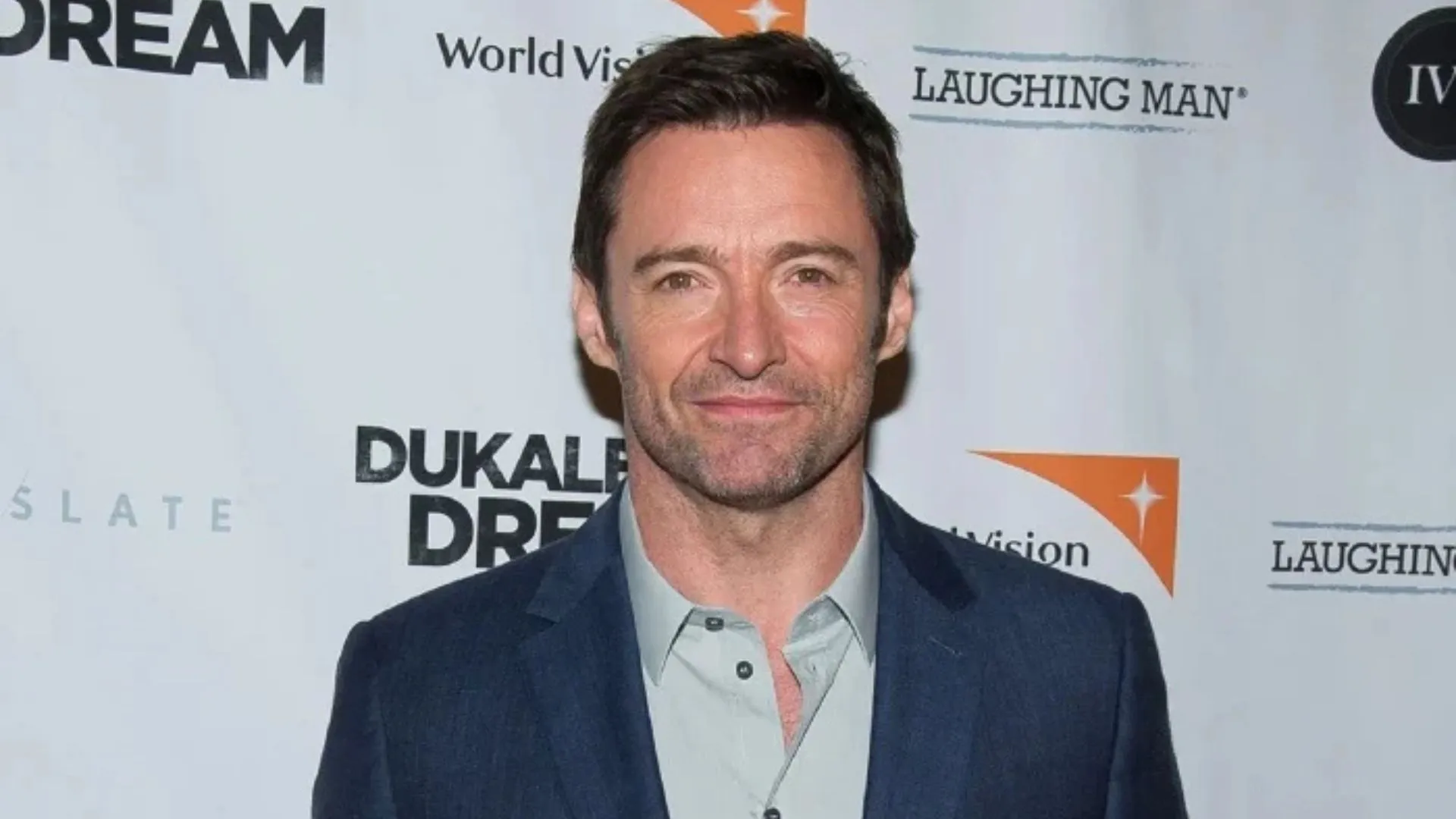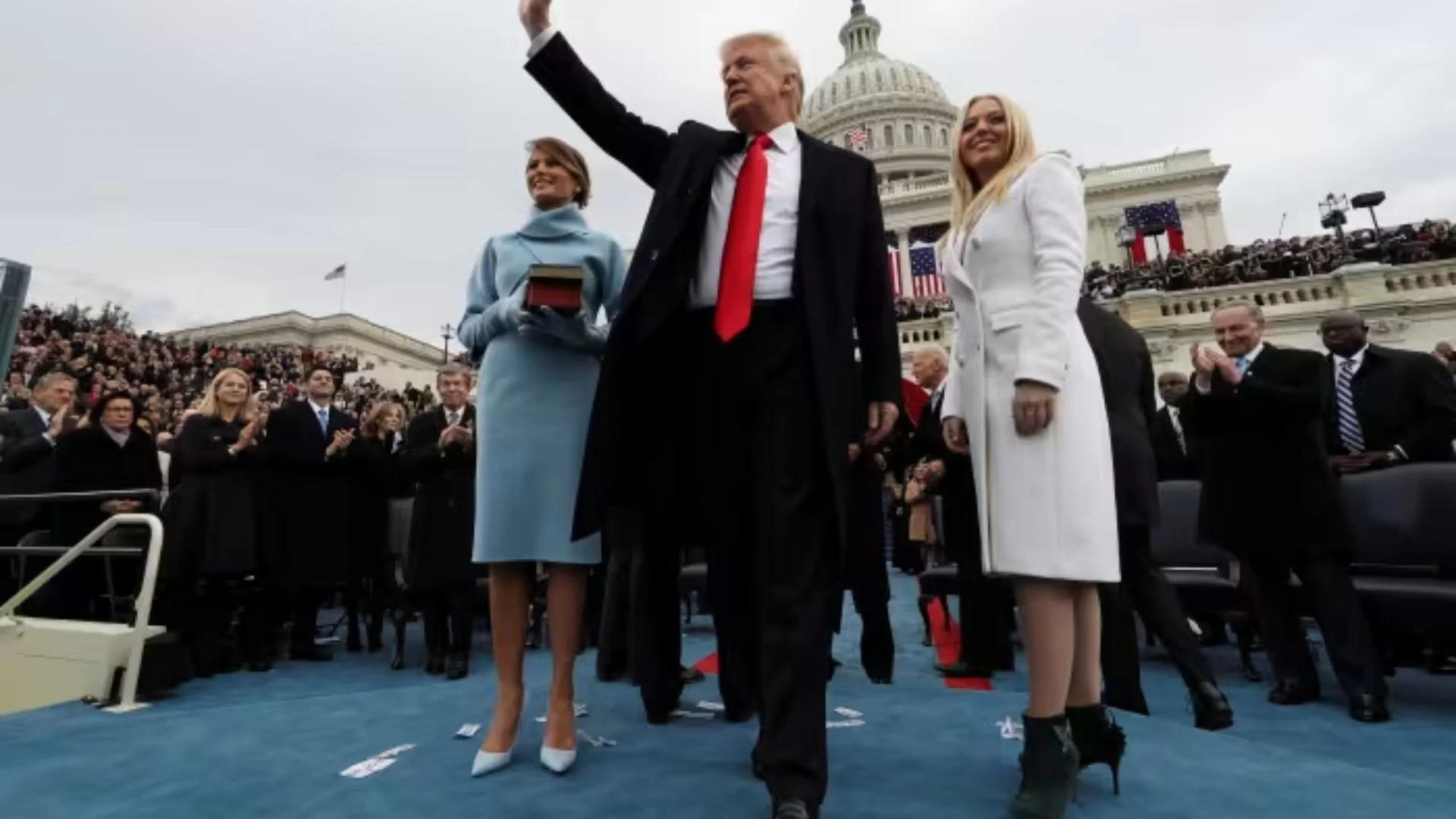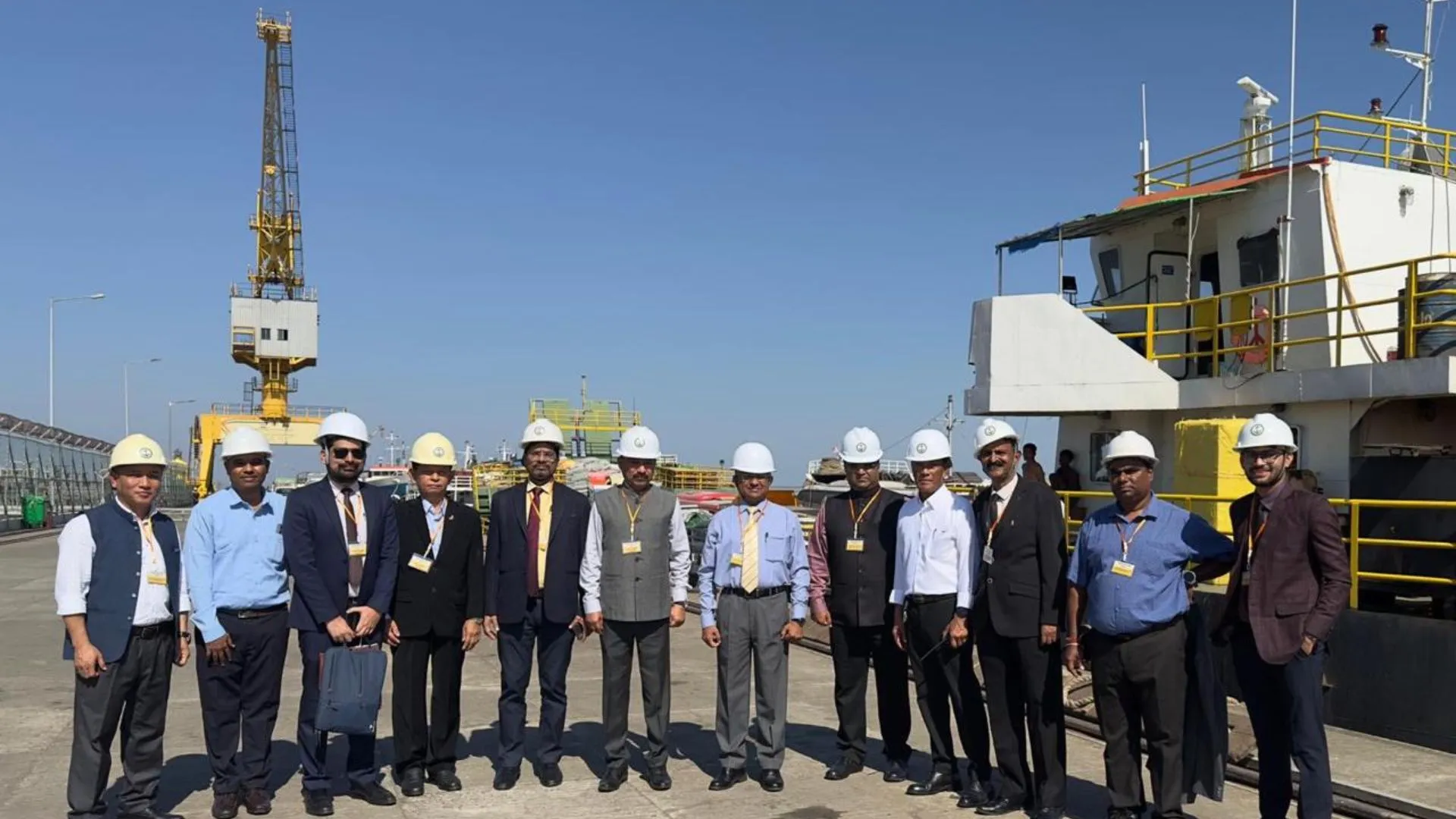When Canadian Prime Minister Justin Trudeau and United States President Joe Biden announced unofficial border crossings were no longer exempt from the Safe Third Country Agreement — meaning migrants could be turned away — news reports documented the surprise and dismay of those who arrived at Roxham Road in Québec, a few hours past the deadline of midnight, March 25, 2023.
Migrants who crossed just hours before the new measures took effect, on the other hand, expressed relief to the media that they made it into Canada in time.
The media attention on these most recent attempts to cross the Canada-US border helps the public understand what otherwise too often takes place on isolated rural roads and with little accountability.
They are intimately connected to global political instability, economic equities, exploitation and the enduring question of a state’s capacity to be humanitarian when it is also in the business of managing migration.The need to see beyond the immediate crossing point is urgent and necessary, because the modified Safe Third Country Agreement is not the end of the story.Raising public awareness about the issues surrounding migration has been a critical part of civil society activism on refugee issues in recent years.
It was a cornerstone of the 1980s sanctuary movement, when there were animated debates about the nature of responsibilities to refugees in the United States and, to some extent, in Canada.In March 1982, the Southside Presbyterian Church in Tucson, Ariz., alongside five churches from the San Francisco Bay area, declared themselves public sanctuaries for migrants from Central America who were fleeing civil wars and political persecution.
The Ronald Reagan administration, which funded guerrilla movements in Nicaragua, Guatemala and El Salvador, had made it difficult for people to file asylum claims — and the few that were heard were disproportionately refused.As civil society activists began to educate themselves about what was going on in Central America, they recognised that US foreign policy was contributing to the conflicts that were fuelling migration.They connected the dots and argued that the US government’s failure to address asylum claims from Central Americans in a fair and just manner was part of a larger strategy of refusing responsibility for the tumult in the region.

